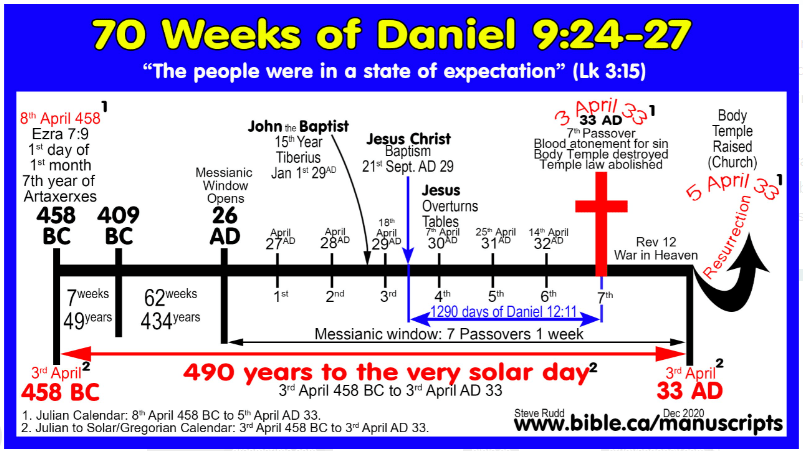
“Now when Ebedmelech the Ethiopian, one of the eunuchs which was in the king’s house, heard that they had put Jeremiah in the dungeon; the king then sitting in the gate of Benjamin; Ebedmelech went forth out of the king’s house, and spake to the king, saying, My lord the king, these men have done evil in all that they have done to Jeremiah the prophet, whom they have cast into the dungeon; and he is like to die for hunger in the place where he is: for there is no more bread in the city. Then the king commanded Ebedmelech the Ethiopian, saying, Take from hence thirty men with thee, and take up Jeremiah the prophet out of the dungeon, before he die. So Ebedmelech took the men with him, and went into the house of the king under the treasury, and took thence old cast clouts and old rotten rags, and let them down by cords into the dungeon to Jeremiah. And Ebedmelech the Ethiopian said unto Jeremiah, Put now these old cast clouts and rotten rags under thine armholes under the cords. And Jeremiah did so. So they drew up Jeremiah with cords, and took him up out of the dungeon: and Jeremiah remained in the court of the prison.” (Jeremiah 38:7-13)
This rescue was no small feat. In a city gripped by fear and betrayal, Ebed-Melech stood alone as the one willing to defend God’s prophet when even the king wavered.
Before the final fall of Jerusalem, God sends a personal message to Ebedmelech through Jeremiah: “Now the word of the LORD came unto Jeremiah, while he was shut up in the court of the prison, saying, Go and speak to Ebedmelech the Ethiopian, saying, Thus saith the LORD of hosts, the God of Israel; Behold, I will bring my words upon this city for evil, and not for good; and they shall be accomplished in that day before thee. But I will deliver thee in that day, saith the LORD: and thou shalt not be given into the hand of the men of whom thou art afraid. For I will surely deliver thee, and thou shalt not fall by the sword, but thy life shall be for a prey (prize) unto thee: because thou hast put thy trust in me, saith the LORD.” (Jeremiah 39:15-18)
Ebedmelech trusted God, and God remembered his courage. By rescuing Jeremiah, he sided with God’s messenger against popular opposition. He didn’t lead an army; he just did what was right. Nothing more is said of him, but the scriptures record for all time this simple act of faith. Ebed-Melech’s story illustrates timeless truths: God notices those who trust Him. This outsider shone as a beacon of faith, reminding us that trusting God includes simple acts often while standing alone for what is right.
Agape
spencer








